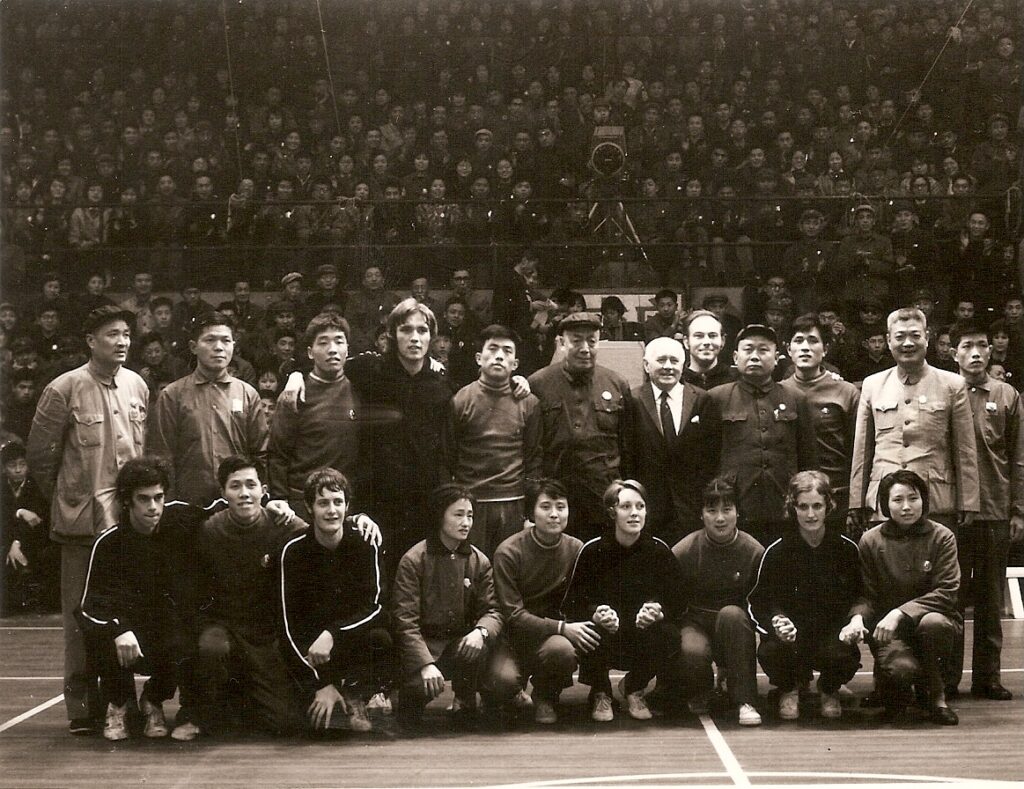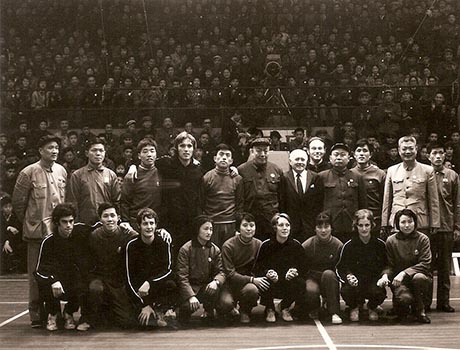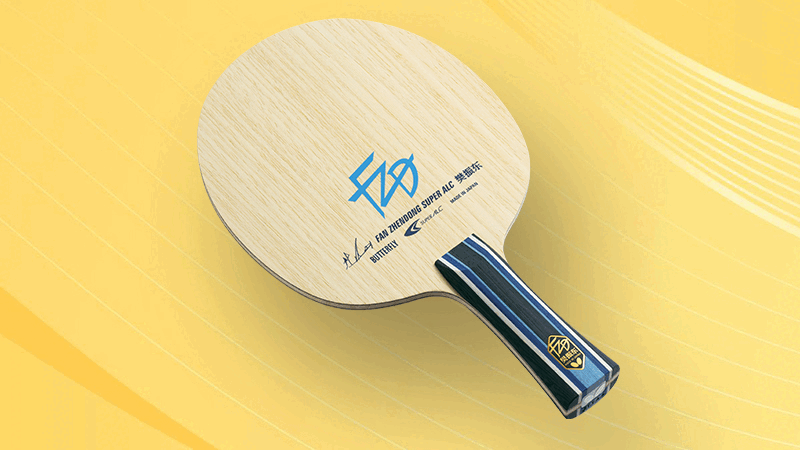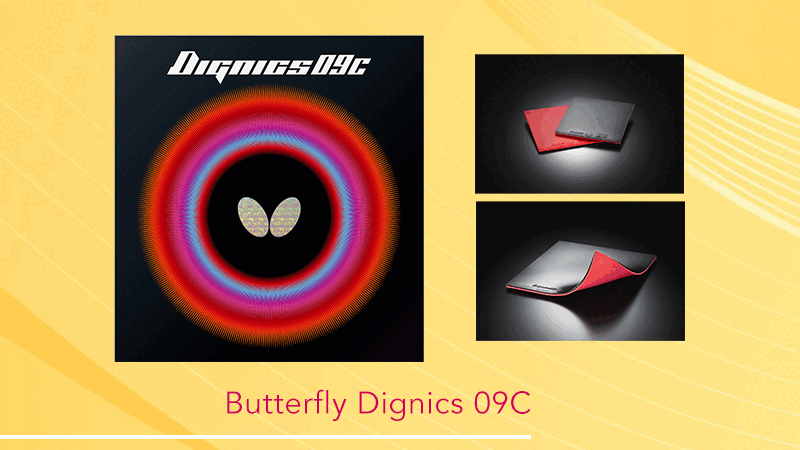In 1971, Ping Pong Diplomacy fostered a new understanding between east and west as English players were among the first in a generation to visit China.
The invitation stemmed from American player Glenn Cowan, after practising with China’s Liang Geliang prior to the start of the 1971 World Championship, inadvertently boarding the bus carrying the Chinese team.
It set in motion a train of events which ended up with the US team being invited to visit China after that World Championship – an invitation which was also extended to England, Canada and Nigeria.
Ping Pong Diplomacy remains a key landmark in world table tennis history – and indeed its influence was felt in wider society around the globe and is still being felt in our sport. You can read more about this by clicking here.
This week’s Centenary Story goes behind the scenes of the tour with Table Tennis England President Jill Parker MBE – one of the players who made the historic trip.
“We’d had a big trip, because we were in Singapore for the first Commonwealth Championships and then on to Nagoya in Japan for the World Championships,” recalls Jill.
“While we were there, they asked did the players want to go to China. We thought that would be an absolutely awesome experience because no one had been to China for a long time and the Chinese hadn’t been out of the country much. We had no hesitation whatsoever.”
The players who made the trip along with Jill were Pauline Piddock, Trevor Taylor, Tony Clayton and Alan Hydes, plus support staff.
“We were a bit apprehensive as we didn’t know what to expect,” said Jill. “We went to Hong Kong and took the train into Canton.
“We travelled round playing friendly matches. They were awesome players, and we knew they were ‘throwing’ games. The one thing that hit me the most was playing in front of a crowd of 22,000 and just looking into the crowd, everybody was dressed the same.
“They took us round a department store in Shanghai and, while we were walking around, Alan Hydes said he had lost a button. Someone found it and because it was nothing like they were wearing, they brought it back to the hotel and someone sewed it back on for him.”

Away from the table, there was plenty of cultural experience too.
“We went to communes and I met a little old lady who had had bound feet and her feet were tiny,” said Jill. “There were hardly any cars and there were bicycles everywhere. Everywhere we went there was food galore.
“In all the communes or factories, there were always table tennis tables and no matter where we were, they all played well. That was a game they could all play – they could be on concrete tables, bits of tables made from anything.
“Just going round the factories and seeing how they lived, which was quite basic, going to a hospital and seeing how sparse it was, seeing the Great Wall and the Summer Palace – well, it was quite an experience. Going back to China in the last few years, everything has changed.
“It was an incredible trip and one I will never forget. Coming home, we didn’t realise the impact here. As soon as we got off the plane there were interviews with the papers and BBC and ITV – the players and coaches were all interviewed.”
It was a trip which was reciprocated later in the year as a Chinese team visited these shores, when matches were held in Wales and Scotland as well as England, and there was a visit to 10 Downing Street and an audience with PM Edward Heath among the cultural programme.






